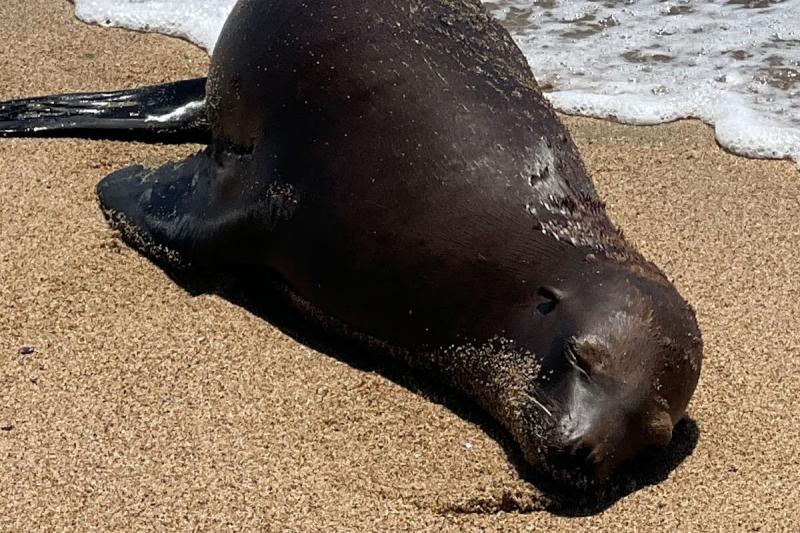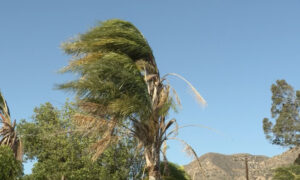Federal authorities are offering a reward of up to $20,000 for any information that leads to a civil penalty or criminal conviction for the individual who shot and killed a California sea lion back in August.
In an Oct. 9 statement, the National Marine Fisheries Service, better known as NOAA Fisheries, said its office of law enforcement is seeking any information about the person who shot the animal, along with any other details about the incident that could help with inquiries.
According to NOAA, the two year old male sea lion was found alive on Aug. 7 between lifeguard stations 22 and 23 at Bolsa Chica State Beach in Orange County, California. The Pacific Marine Mammal Center in Orange County rescued the wounded marine animal and found it had a gunshot to its back. The sea lion died from its injuries the following day.
NOAA is offering up to $20,000 for information leading to whoever is responsible. But for any of the reward to be claimed, the information must lead to a civil penalty or criminal conviction of the individual responsible for the attack.
Under the Marine Mammal Protection Act (MMPA), harassment, hunting, capturing, or killing of sea lions and other marine mammals is illegal and punishable with significant fines and possible imprisonment.
If prosecuted, penalties for violating the MMPA can include civil penalties up to $34,457, up to 1 year in prison, plus criminal fines, or forfeiture of the vessel involved, and penalties for that vessel up to $25,000.
Depending on the marine animal, some are also protected under the Endangered Species Act and the Convention on International Trade in Endangered Species of Wild Fauna and Flora.
A criminal violation of the Endangered Species Act can carry imprisonment and a fine of up to $50,000. A civil violation of a major provision may result in a $25,000 fine. Meanwhile, violating the Convention on International Trade in Endangered Species of Wild Fauna and Flora can carry a hefty penalty of up to 10 years imprisonment.
The law does allow non-lethal methods to deter marine mammals from damaging private property, including fishing gear and catch, provided the animal isn’t injured or killed.
Back in August, hundreds of sea lions took over Monterey Beach in California during their yearly trip from the Channel Islands. Around the same time, many more sea lions were stranding themselves on a long stretch of the California coast, with experts saying there were signs that a bloom of harmful algae may have poisoned them.














